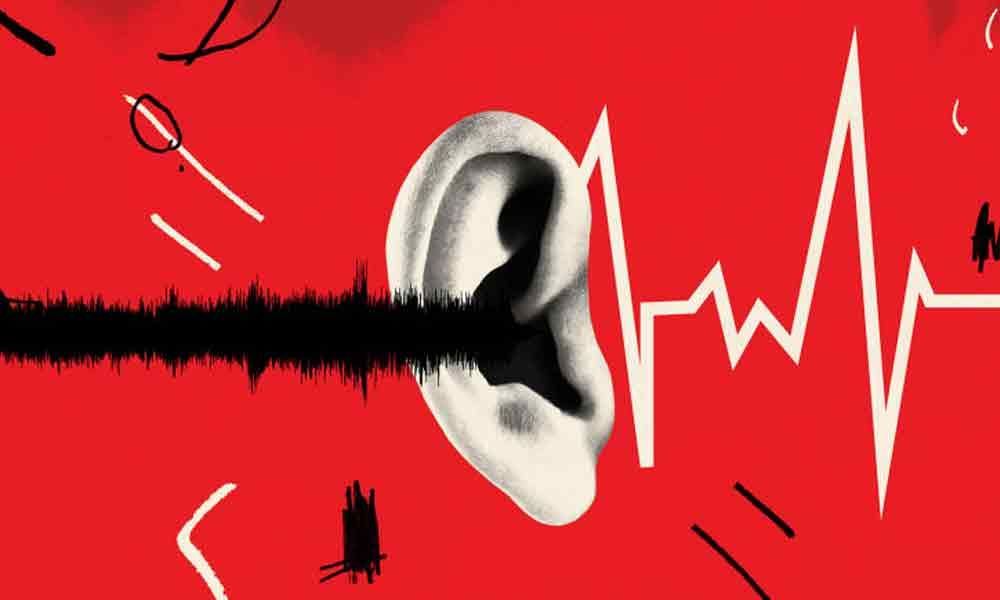Effects of Noise Pollution on Health

Noise pollution is a growing concern in today’s world, with the increase in urbanization and industrialization. It refers to the unwanted and harmful sounds that disrupt the environment and cause health problems for individuals. Noise pollution can come from various sources such as transportation, construction sites, factories, and even music. In this article, we will explore the effects of noise pollution on health.
1. Hearing Problems
The most obvious and immediate effect of noise pollution is hearing problems. Exposure to loud noise for an extended period can cause hearing loss, especially in the case of industrial workers or musicians. Even short-term exposure to loud noise such as concerts or fireworks can cause temporary hearing loss and tinnitus (ringing in the ears).
2. Cardiovascular Problems
Noise pollution has also been linked to cardiovascular problems such as high blood pressure, heart disease, and stroke. Prolonged exposure to noise pollution can increase stress levels, which can lead to an increase in heart rate and blood pressure. This can cause damage to the arteries and increase the risk of heart disease and stroke.
3. Sleep Disturbances

Noise pollution can also disrupt sleep patterns, especially for people living in noisy environments such as near airports or busy roads. The constant noise can cause difficulty falling asleep, waking up frequently during the night, and even insomnia. Lack of sleep can have serious health consequences such as fatigue, irritability, and decreased cognitive function.
4. Mental Health
Noise pollution has also been linked to mental health problems such as anxiety, depression, and stress. Continuous exposure to loud noise can cause irritability, mood swings, and even aggression. It can also lead to a decrease in productivity and concentration levels, affecting work performance.
5. Children’s Development
Noise pollution can have a significant impact on children’s development, especially in the case of infants and young children. Exposure to loud noise can delay speech and language development, and even affect cognitive development. It can also cause behavioral problems such as hyperactivity and attention deficit disorder.
Overall, noise pollution can have a significant impact on our health and well-being. It is important to take measures to reduce noise pollution, such as using earplugs, soundproofing buildings, and regulating noise levels in public spaces. By doing so, we can improve our quality of life and prevent long-term health problems.














